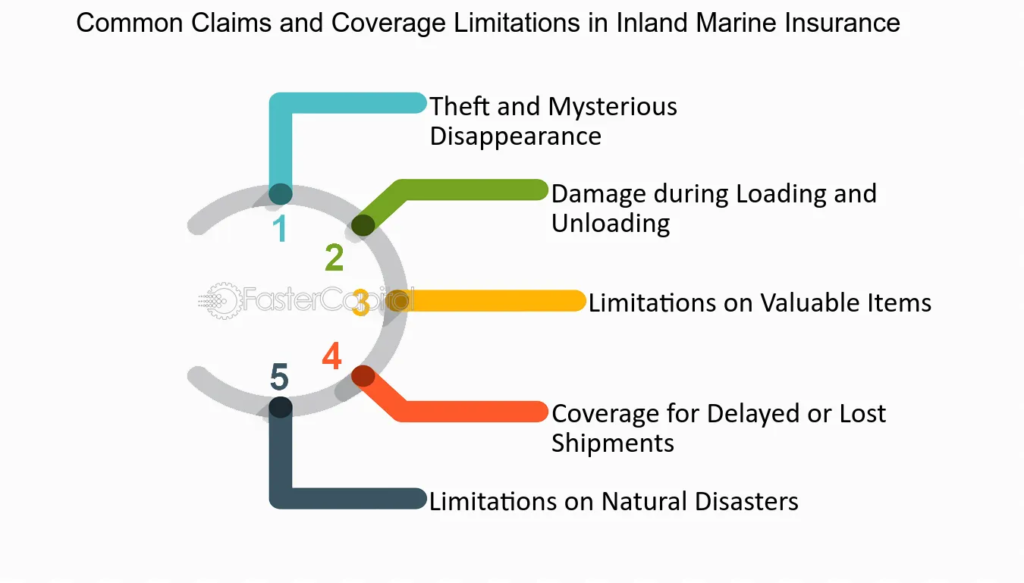Introduction
Ocean exploration is a field fraught with risks, both in terms of equipment damage and environmental impact. As such, insurance coverage is vital for protecting assets and mitigating liabilities associated with these ventures. Whether conducting research, extracting resources, or simply exploring the depths, understanding the insurance landscape is crucial for ocean exploration endeavors.

Regulatory Landscape in the USA:
The United States boasts a robust regulatory framework governing ocean exploration activities. Agencies such as the National Oceanic and Atmospheric Administration (NOAA) and the Environmental Protection Agency (EPA) play pivotal roles in overseeing these activities. Compliance with their regulations ensures adherence to environmental standards and safety protocols, which insurers take into account when structuring coverage.

Equipment Damage Coverage:
Ocean exploration relies heavily on specialized equipment, ranging from research vessels to underwater drones. Insurers offer various coverage options tailored to protect against damage to these assets. Hull and machinery insurance safeguards vessels against physical damage, while equipment breakdown coverage extends to specialized tools and instruments essential for exploration. Additionally, liability coverage mitigates financial risks arising from equipment failures that may cause harm to third parties or the environment.
Environmental Risk Coverage:
Environmental risks are inherent in ocean exploration, with potential incidents such as oil spills or damage to marine ecosystems carrying significant financial and reputational consequences. Insurers offer coverage solutions to address these risks, including compensation for cleanup costs, restoration efforts, and legal liabilities arising from environmental harm. This coverage aligns with regulatory requirements aimed at minimizing the environmental footprint of exploration activities.

Compliance with Environmental Regulations:
Adherence to environmental regulations is paramount in the ocean exploration sector. Insurers work closely with exploration companies to ensure compliance with laws such as the Clean Water Act and the National Environmental Policy Act. Insurance policies may include provisions to incentivize compliance and mitigate financial risks associated with non-compliance, emphasizing the importance of responsible environmental stewardship in exploration endeavors.
Risk Management Strategies:
Effective risk management is essential for mitigating potential losses in ocean exploration. Companies implement robust safety protocols, conduct thorough environmental impact assessments, and invest in preventive measures to minimize the likelihood of accidents and environmental damage. Insurers collaborate with exploration companies to develop tailored risk management strategies that align with regulatory requirements and industry best practices.
Role of Government Programs:
Government-sponsored insurance programs play a supportive role in facilitating ocean exploration endeavors. These programs may offer incentives for companies to obtain adequate insurance coverage, thereby fostering responsible exploration practices and ensuring financial protection for stakeholders. By partnering with insurers, government agencies contribute to the sustainability and success of ocean exploration initiatives.

Future Trends and Challenges:
The ocean exploration insurance landscape is evolving in response to emerging trends and challenges. Advancements in technology, such as autonomous vehicles and drones, are reshaping exploration methods and risk profiles. Additionally, the evolving regulatory landscape, particularly regarding environmental protection and conservation, poses new challenges and opportunities for insurers and exploration companies alike.

Conclusion:
In conclusion, insurance for ocean exploration is indispensable for safeguarding assets, mitigating liabilities, and promoting responsible exploration practices. Under USA policy, insurers offer comprehensive coverage solutions tailored to address equipment damage and environmental risks associated with exploration activities. By adhering to regulatory requirements, implementing robust risk management strategies, and embracing emerging trends, insurers and exploration companies can collaborate to ensure the safety, sustainability, and success of ocean exploration ventures.



